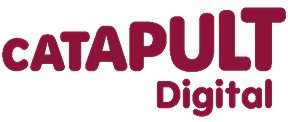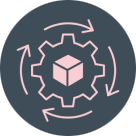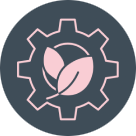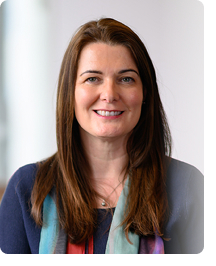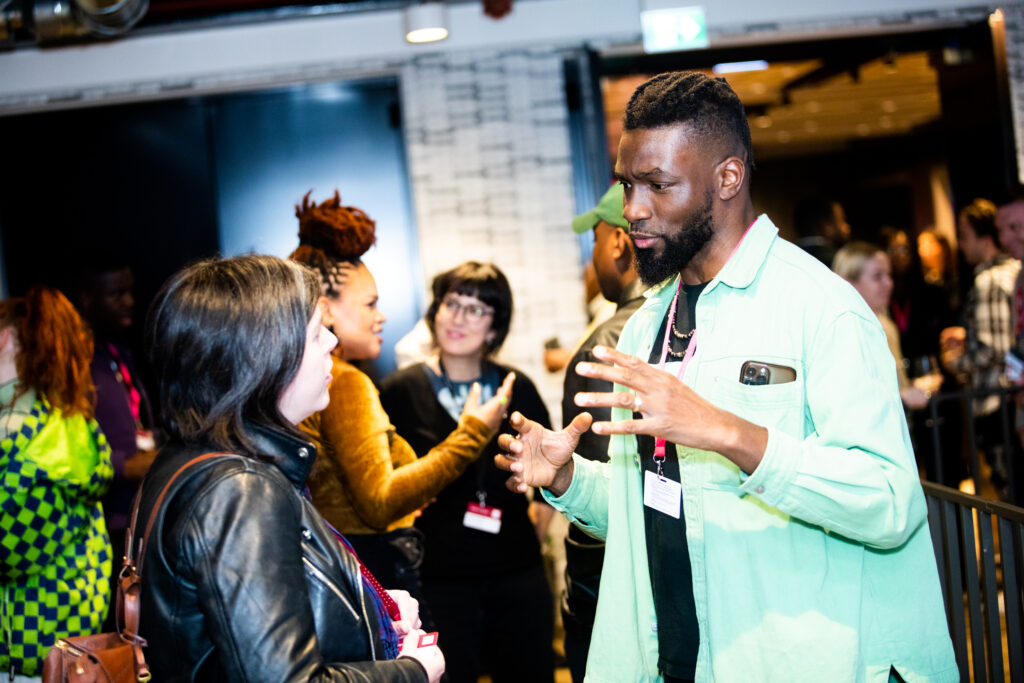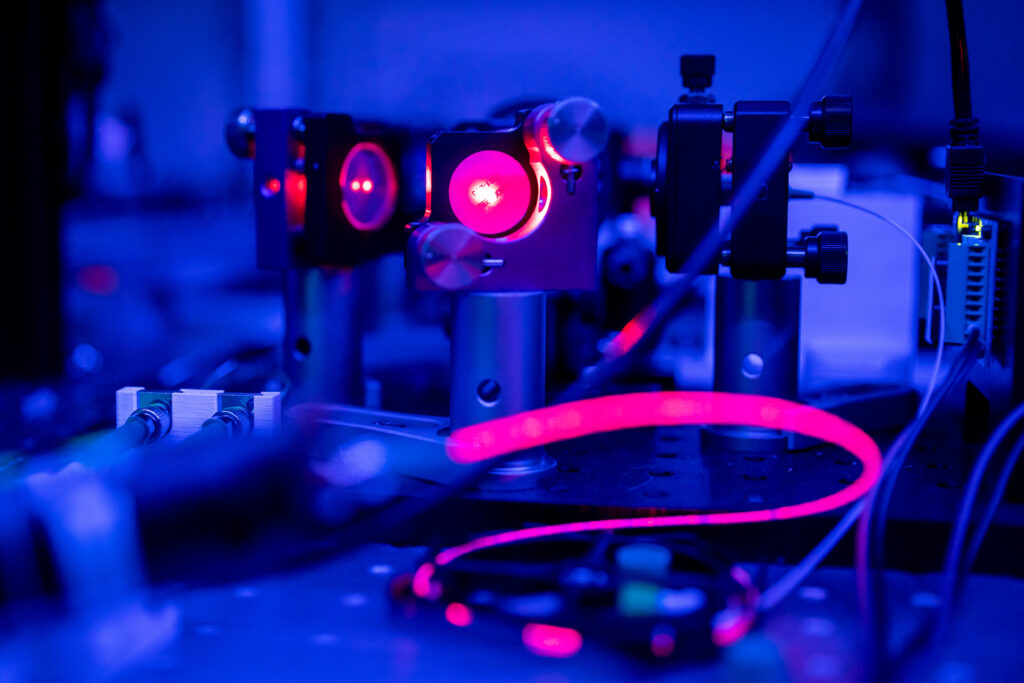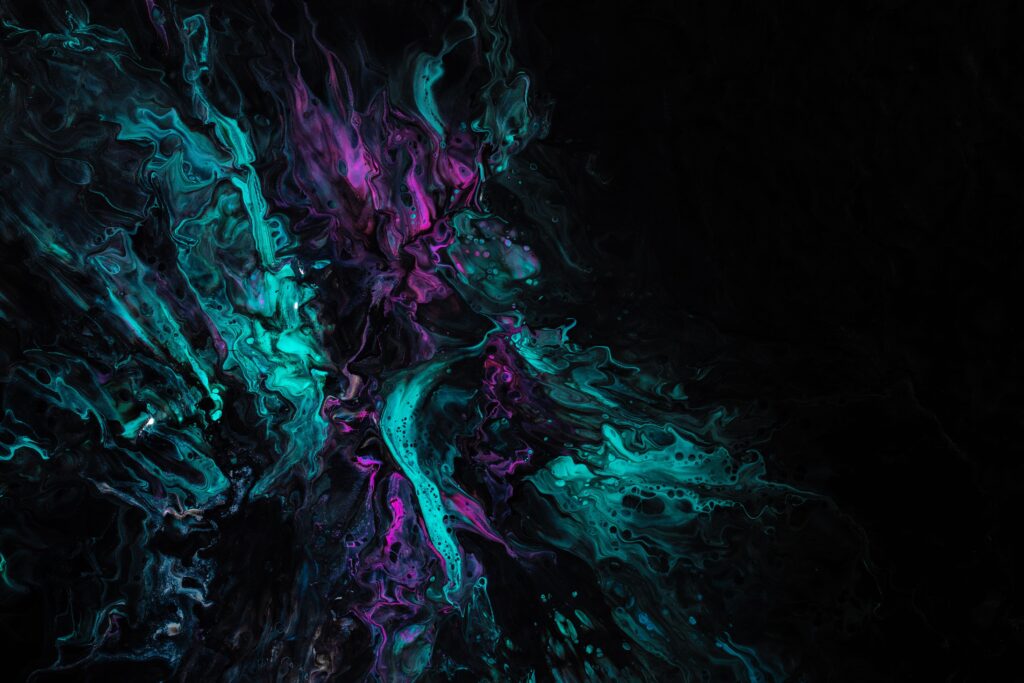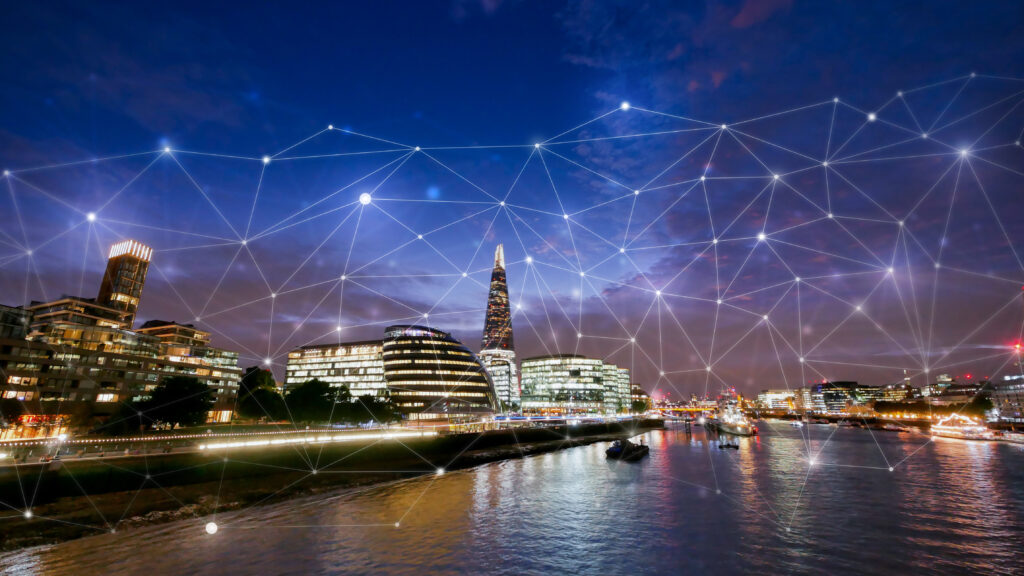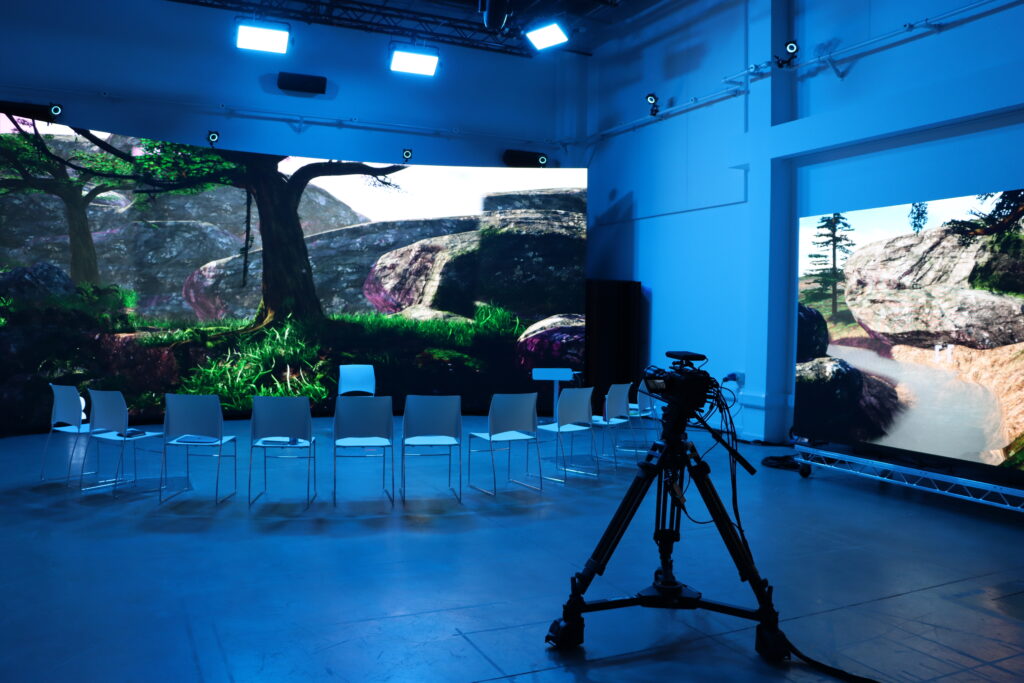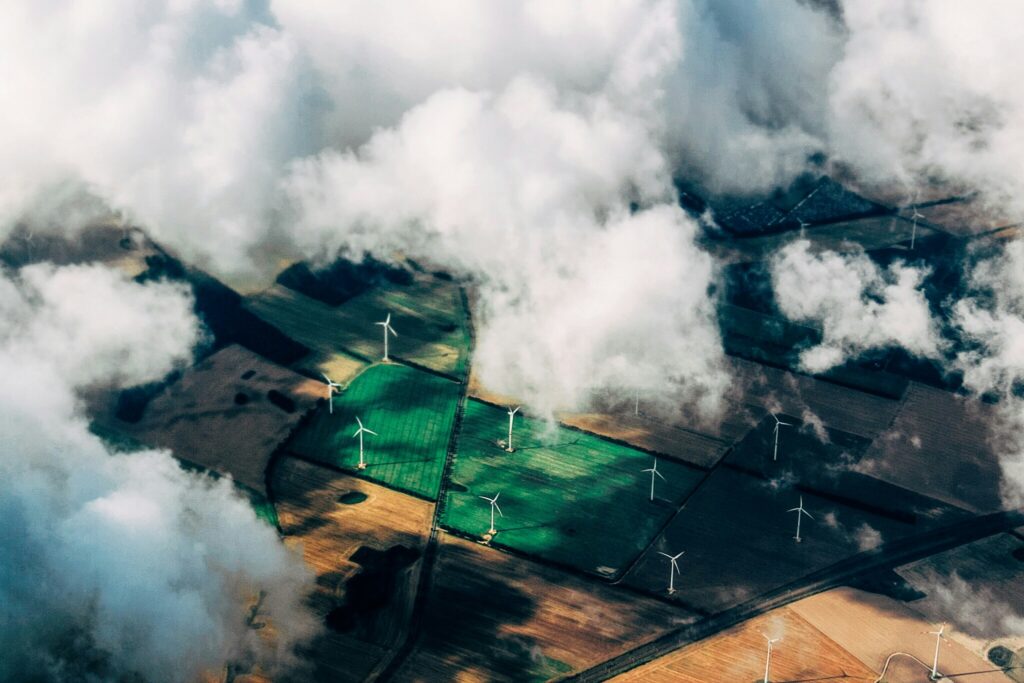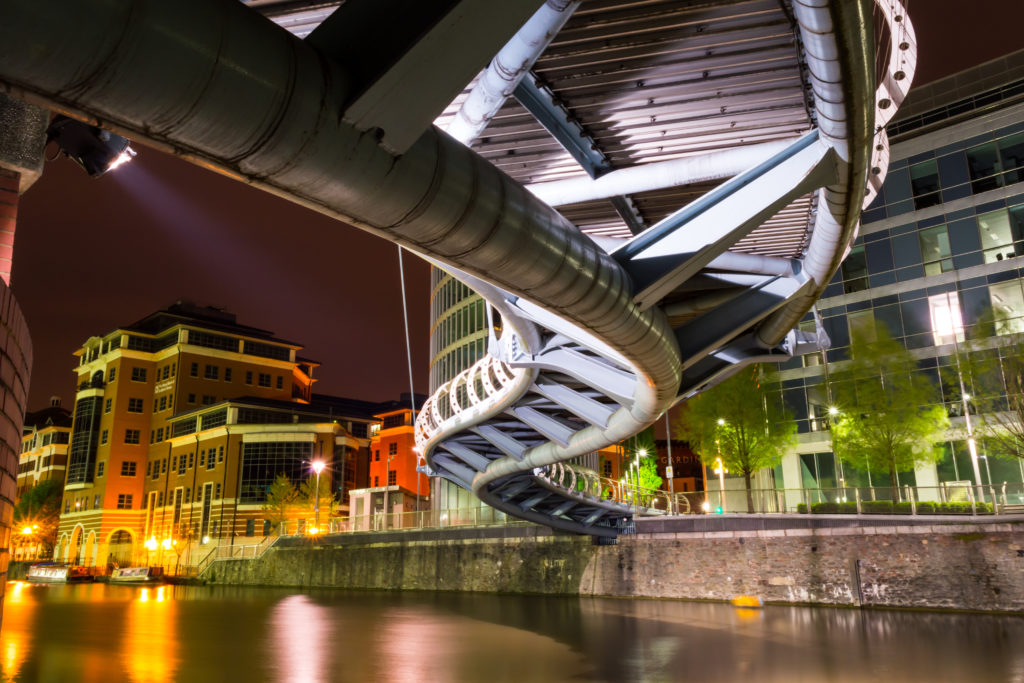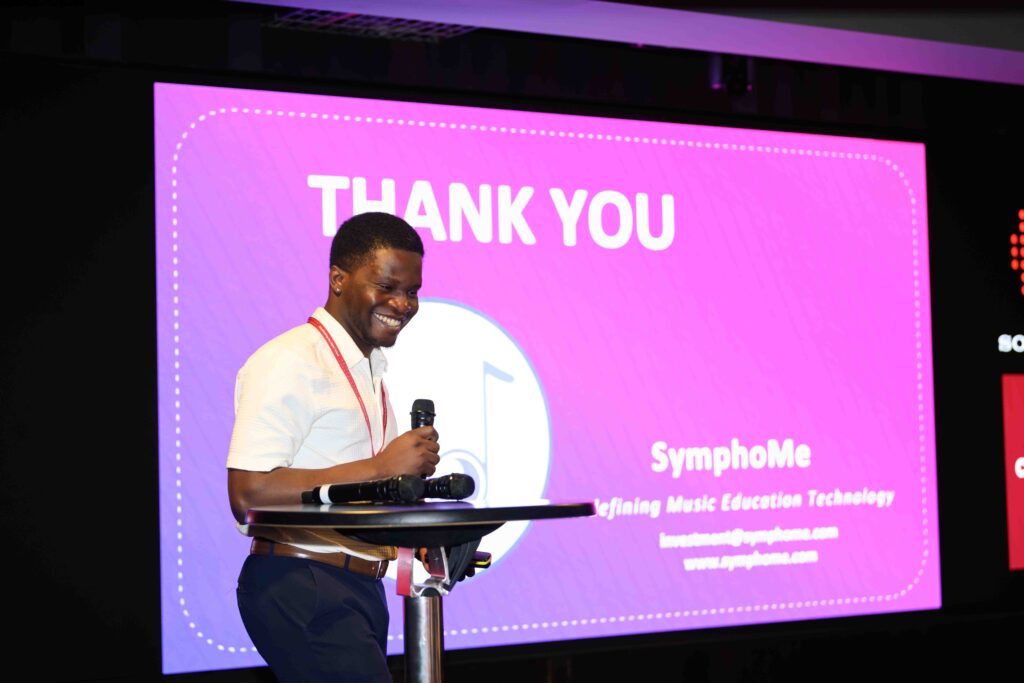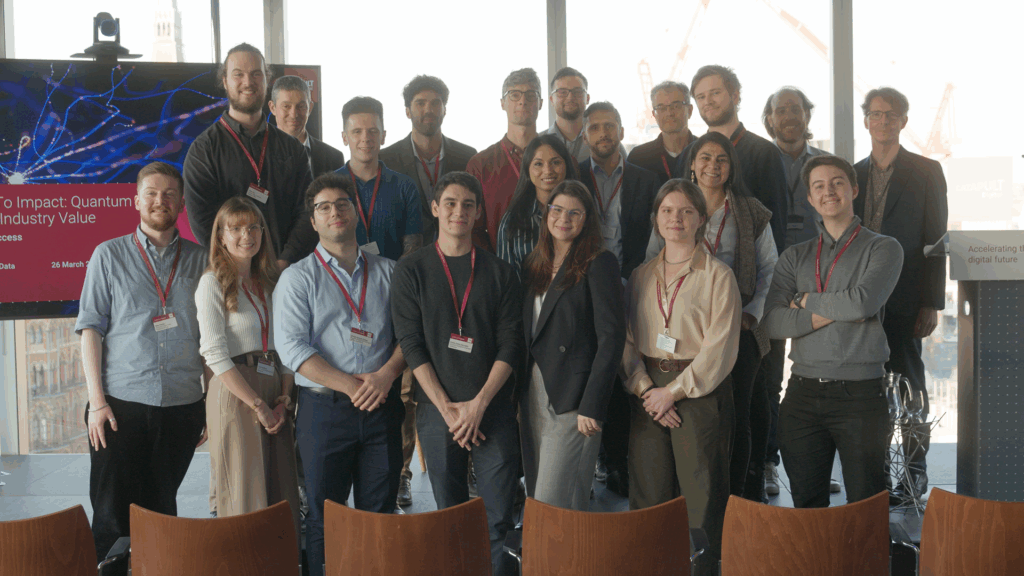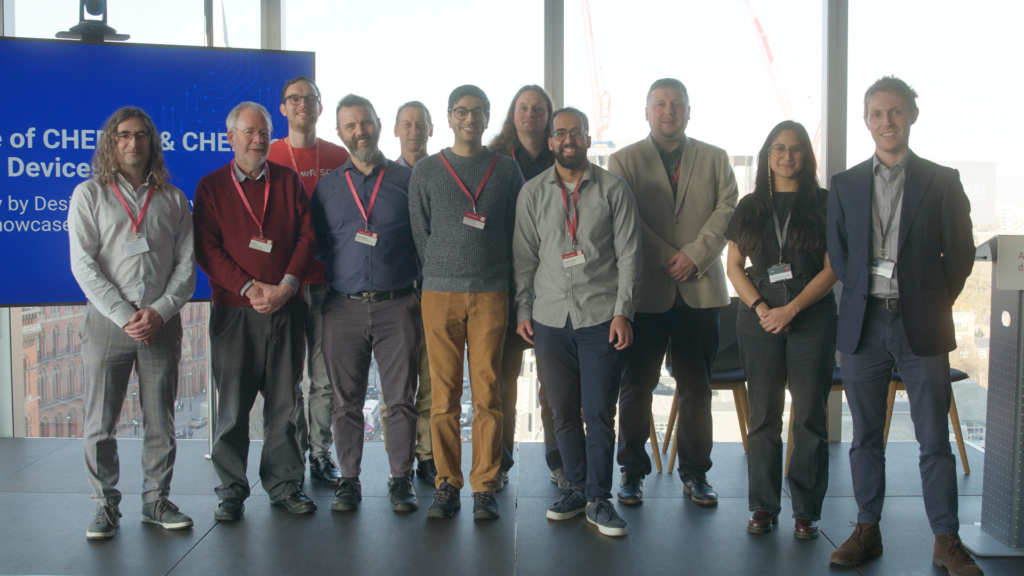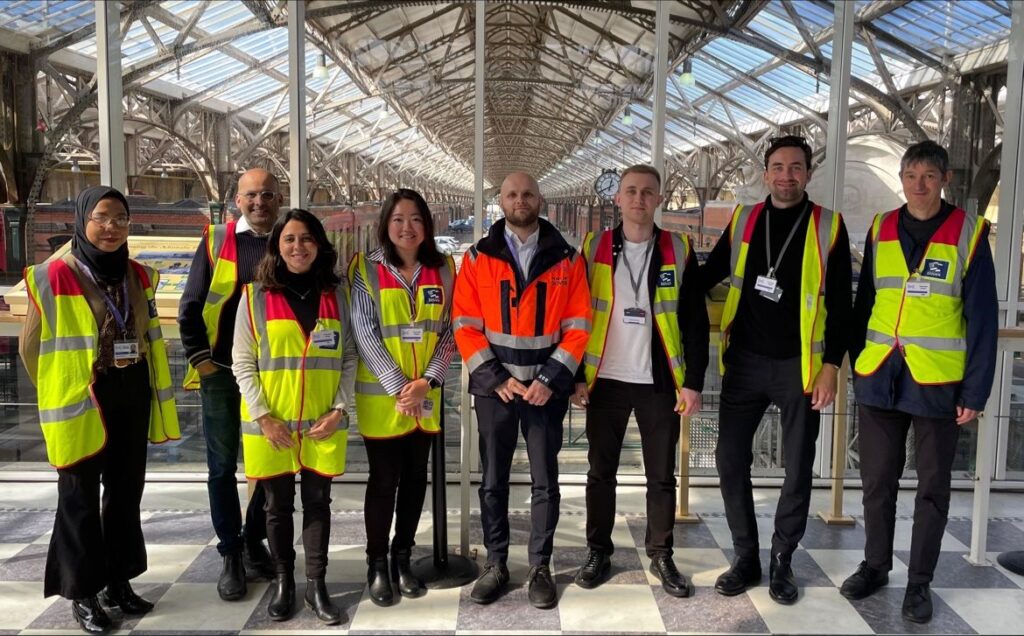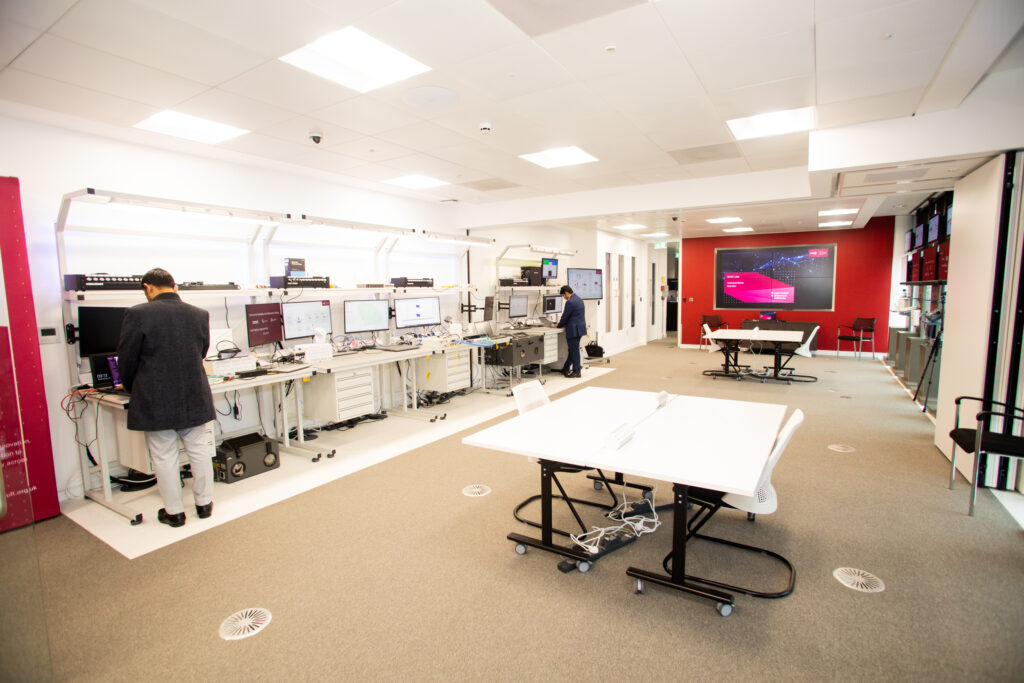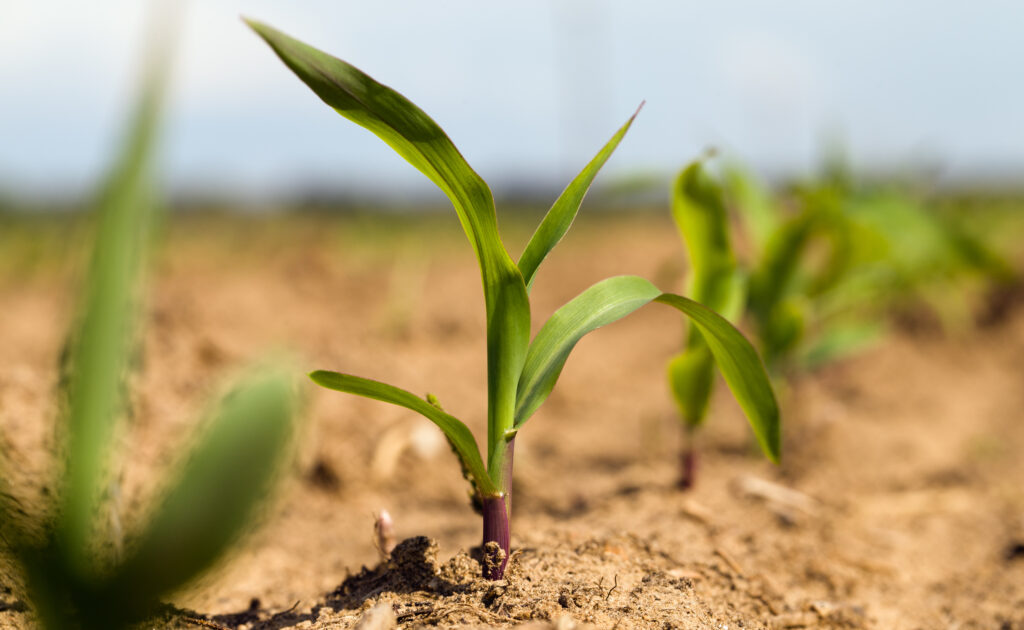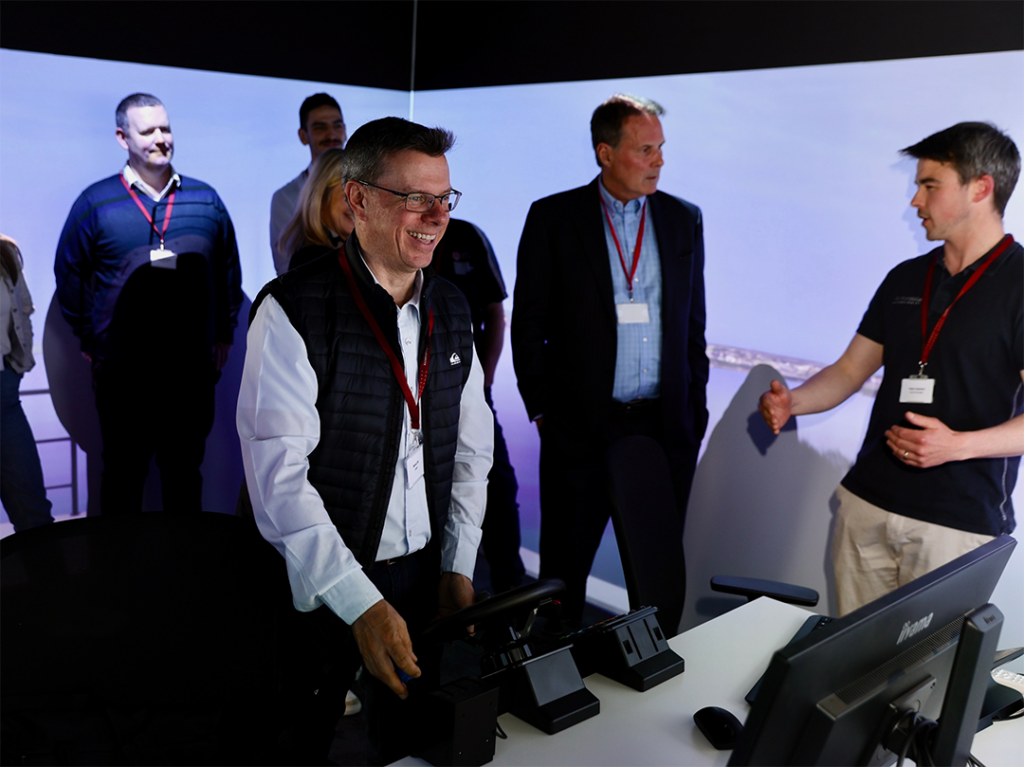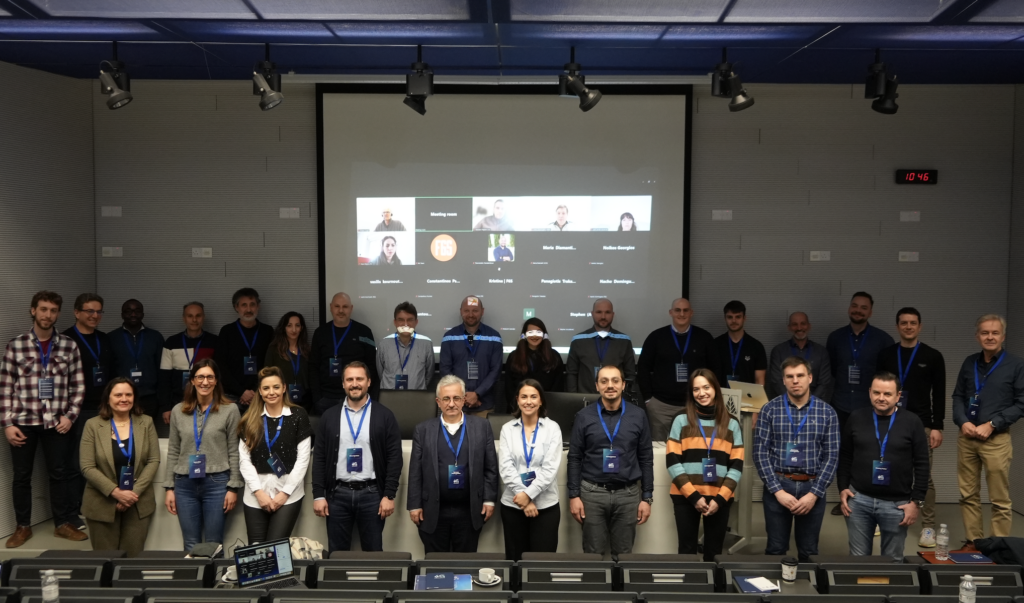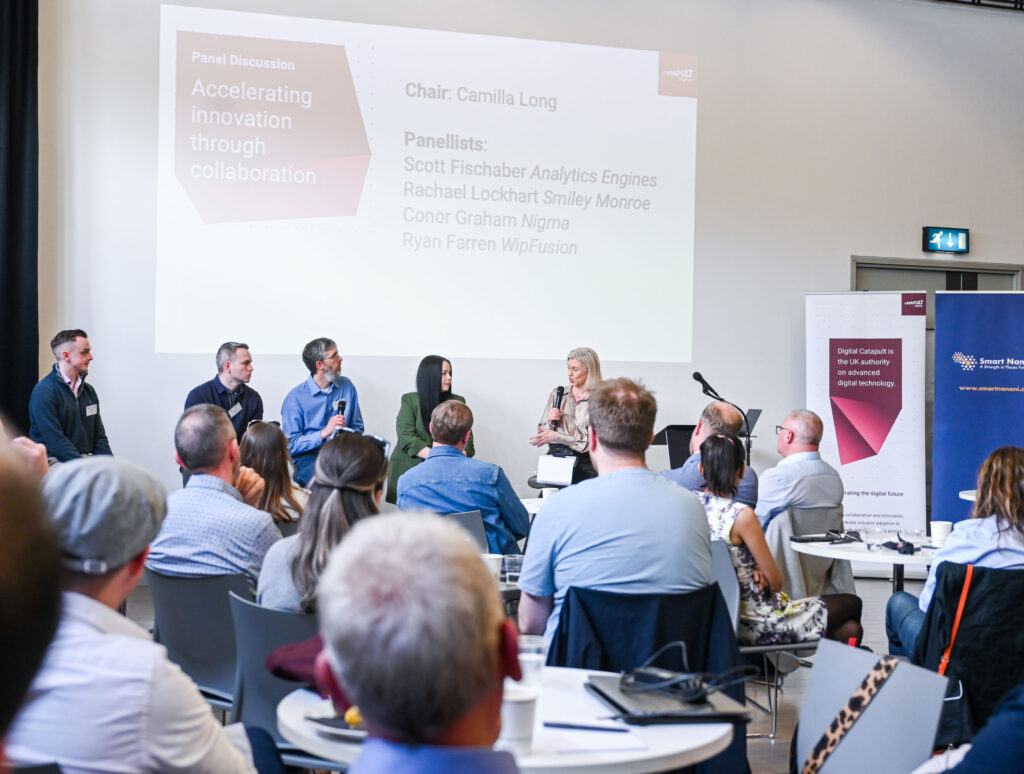Digital Catapult and the University of Bristol’s flagship MyWorld programme is gearing up to explore how advancements in artificial intelligence (AI) will help optimise and enable creative approaches and processes to address challenges around the creation, delivery and evaluation of experiences. A new open call for developers, creative studios, startups, and scaleups will tackle the full spectrum of what AI could do for the creative industries in collaboration with Amazon Web Services (AWS) and the BBC.
Empowering imagination – how AI can help the creative industries
Posted 7 Mar 2024
Advanced technology is already embedded in creative production
From the first computers to the latest AI research, artists and engineers have long used generative methods to create art and content. As the capabilities of artificial intelligence and machine learning have grown, developing advanced techniques like generative adversarial networks (GANs) and neural style transfer (NST), AI is now able to generate realistic images and effectively mimic the style of all kinds of artists causing a ripple effect right across the creative arts. In the music industry, well known examples range from the infamous “Fake Drake” to Paul McCartney recently telling Radio 4 that he would use AI to finish the final Beatles song including vocals from John Lennon, AI is producing many new, but not always legitimate, results.
Much of the hard work is being done by large language models (LLMs) which are providing AI systems with the ability to produce content based on huge datasets – from writing stories to software development. Anyone can access an LLM from a variety of sources such as OpenAI, Midjourney, Google and Microsoft. This could have significant consequences given the potential for content automation and generation. For the creative industries, LLMs could generate new ways to realise creative ideas, drive efficiencies for content creators, and help tailor content to audiences more than ever before.
These are huge steps forward but it is important to acknowledge concerns about using AI in the creative industries, to which there aren’t always easy answers. Issues related to intellectual property, ethics and employment law are already having an impact on creators, artists and their work. One of the major issues of the SAG-AFTRA and WGA strikes in 2023 was about using AI in film-making to digitally recreate an actors’ image without having to pay them. Avatars are becoming increasingly common and generative AI and LLMs are already being used to bring these avatars to “life” to the extent that they can converse with a real person.
At this year’s SXSW, we’re demonstrating the integration of LLMs with Synthetic Humans and emotion-driven motion capture, with our partners Target3D as part of the Advanced Media Production studios, and in collaboration with Disguise. The demonstrator will show how to responsibly adopt these technologies, control AI for creative purposes and the ramifications for production.
The stakes are high for the UK’s creative industries so it is critical that advanced technological tools are developed in partnership with the sector, to move forward in a responsible way that works for all. Digital Catapult’s projects are designed to ensure that AI is applied in an ethical, human-centric and sustainable manner which also minimises the risks of misuse. Our flagship AI and machine learning programme Machine Intelligence Garage helped over 100 startups to understand how to embed responsible adoption of AI and ML into their products and services. More recently, the Innovate UK BridgeAI programme, delivered by Digital Catapult, has created an AI Adoption Toolkit and AI Ethics Framework to support responsible AI adoption for businesses from all across the creative industries.
How do we address creative industry challenges related to AI?
Successfully implementing effective and responsible AI technologies is easier than many organisations realise. There are pioneers across every industry who have played with and found novel uses of the technology for boosting productivity and a lot can be gained from tapping into their experiences. Fresh approaches and applications to embed AI into the UK’s creative sector are central to the new MyWorld Challenges with AWS and the BBC.
Exploring how AI could enable creatives to achieve things they wouldn’t otherwise be able to, addressing authorship and copyright when content creation can be automated; addressing ethical questions around responsible and fair use; and ideas for how to integrate content creation tools into traditional workflows are some of the areas that the new Challenge Call is seeking to tackle.
The first MyWorld Challenge Call, Catalysts and Connectors: Tools for the Creative Industries, welcomed a cohort of small businesses – some of whose work is steadily gaining traction as well as award-winning companies – to develop and deliver cutting-edge work that will have a global impact on the region and the UK’s creative industries as a whole. Two of these companies in particular focused on using AI techniques in generating content. Bristol-based Meaning Machine explored the intersection of natural language AI and games, focusing on character dialogue. Using the concept of ‘game consciousness’, the company made it possible for game developers to generate dialogue for players in real time.
“As a mix of creatives and technologists, we believe that AI is only as powerful as the people wielding it. Making LLMs more accessible to creatives is empowering them (and us) to explore a whole host of new experiences.”
Ben Ackland and Thomas Keane Founders, Meaning Machine
Another cohort company, Lux Aeterna, turned their attention to using generative AI in visual effects, exploring how to use diffusion image generation models to create intermediary steps in the VFX process, rather than the final image. The Lux Aeterna team wanted to not just develop specific AI-assisted VFX workflows, but to develop its ability to tackle the unique challenges each project presents with bespoke AI-assisted solutions, and put the tools of the future into the hands of talented artists.
Digital Catapult’s approach to AI adoption focuses on understanding how AI integrates into existing business realities, and responsibly focusing on human impact and productivity, while maintaining awareness of the ever-evolving cutting edge of AI.
The creative industries generate over £100 billion for the UK economy, and AI has the potential to land a leading role in its continuing success.
Applications for the MyWorld Challenge Call close on Monday 25 March. For application help email [email protected]
Main Image: Wes Cockx & Google DeepMind / Better Images of AI / AI large language models / CC-BY 4.0
